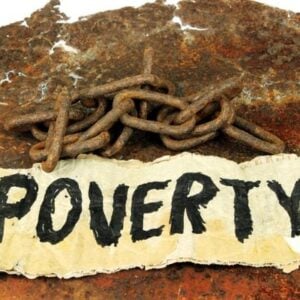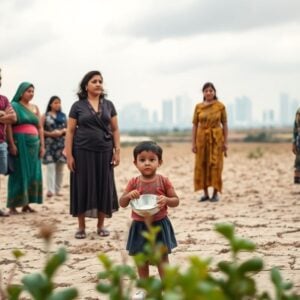The Scottish Government has announced increased multi-year funding for projects aimed at tackling child poverty across the country. Successful applicants to the third round of the Child Poverty Practice Accelerator Fund, now totaling over £1.8 million, will receive grants of up to £100,000 over two years to enhance local services and support for families. Since its launch in 2023, the fund has already invested over £1.4 million to support 21 projects across Scotland.
Previous grants have been used to improve data use to identify families in need, enhance access to financial advice services, and support parents in engaging with employability programs. The fund complements other measures, such as the Five Family Payments, including the Scottish Child Payment, which aim to reduce child poverty nationwide. Social Justice Secretary Shirley-Anne Somerville emphasized that eradicating child poverty and supporting families are central to the government’s agenda, and that this fund enables local authorities and health boards to build on existing initiatives.
The fund has already had a positive impact on local councils, with North Ayrshire Council highlighting how participation helped implement a Single Shared Assessment model, facilitated knowledge-sharing across local authorities, and raised awareness of challenges in data reuse to maximize family entitlements. The fund’s collaborative approach strengthens partnerships between the Scottish Government and local stakeholders, contributing to innovative solutions to address child poverty.
In addition, the Scottish Government is expanding the Fairer Futures Partnerships (FFPs) program to 16 regions, including new areas such as Dumfries & Galloway, Edinburgh, South Ayrshire, West Dunbartonshire, West Lothian, Fife, North Lanarkshire, and Shetland. The program focuses on testing and improving services to better support families living in poverty. Scotland has seen significant progress, with the proportion of children living in absolute poverty reaching its lowest level in 30 years, and both relative and absolute child poverty rates in 2023-24 reported to be nine percentage points below the UK average.







